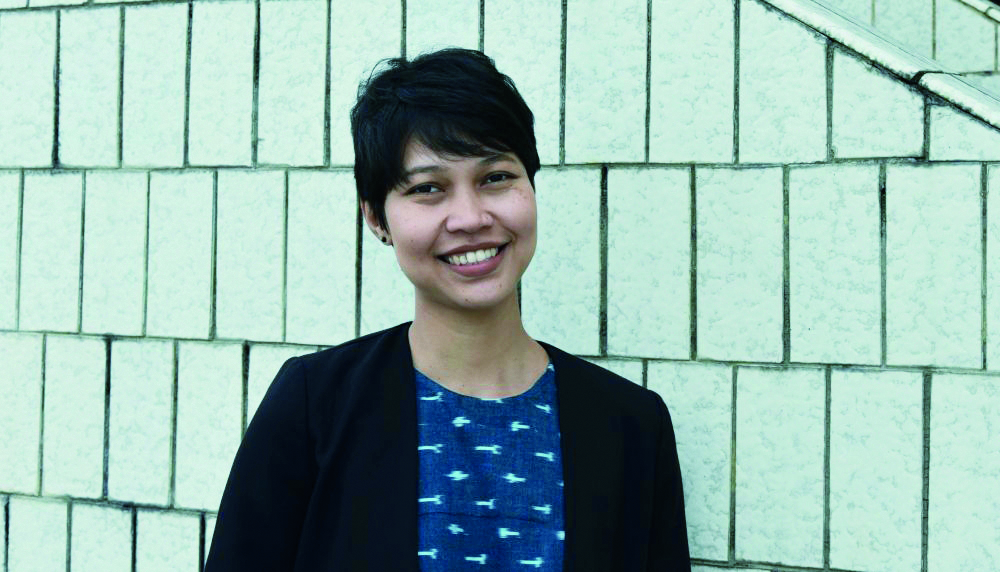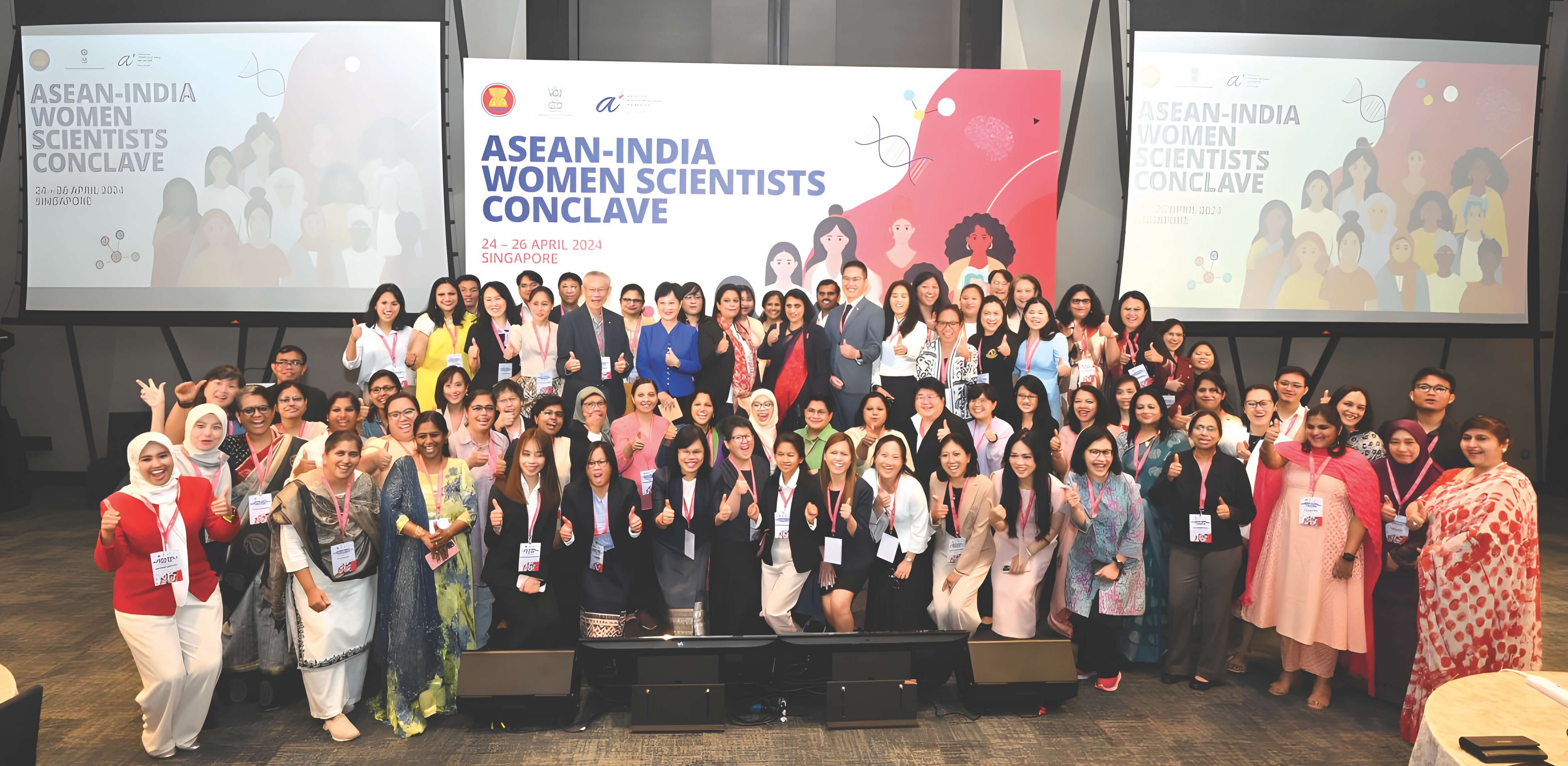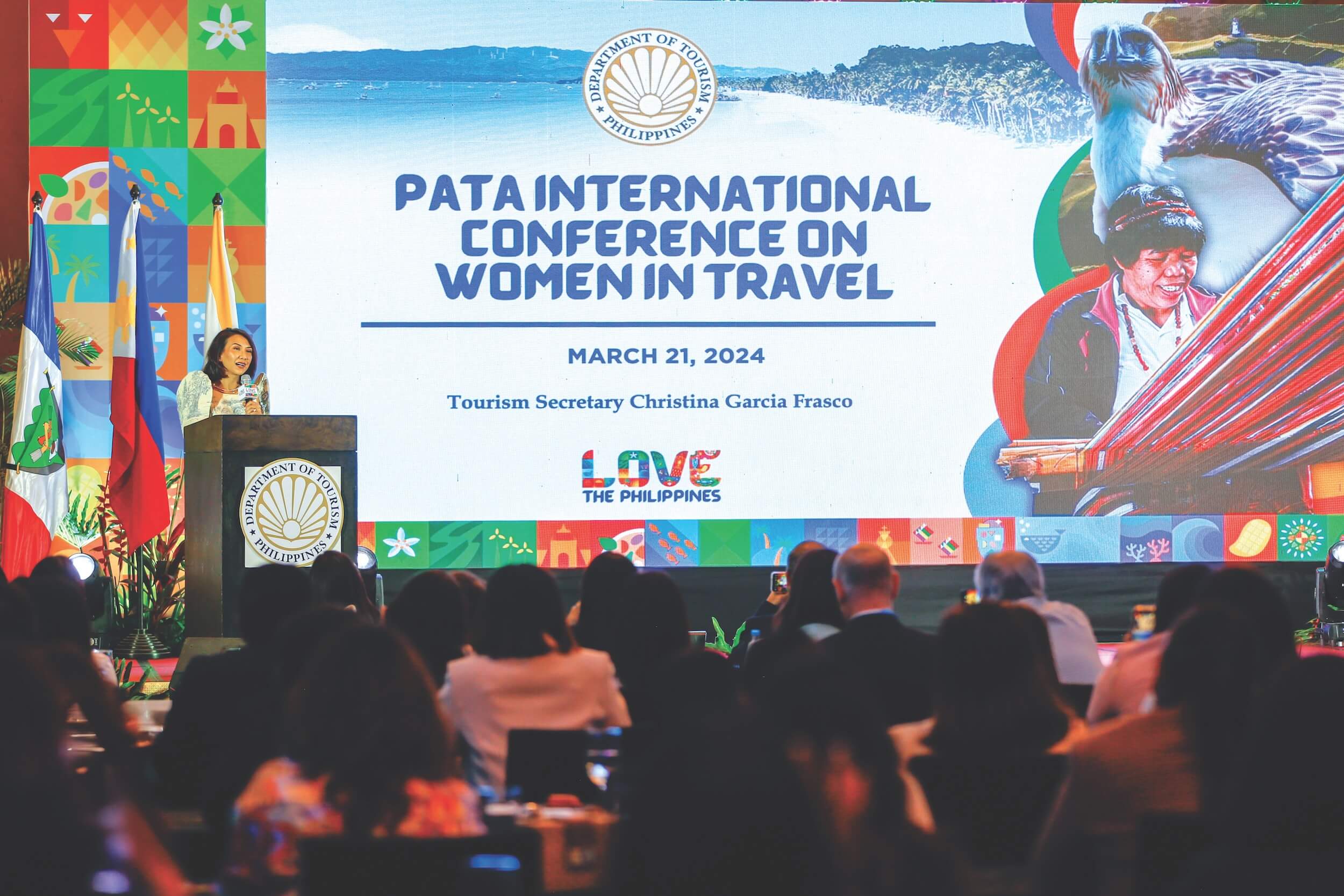





Saving Lives, Polluting the Earth.
Plastic—in all shapes, size, and forms— has provided the world conveniences of a modern lifestyle for over 50 years. That reliance on plastic has caused a daunting waste problem, particularly in Southeast Asia.
According to a 2019 United Nations Environment Programme (UNEP) report, plastics make up 60-80 per cent of total marine litter, and over half of land-based plastic pollution in the ocean originates from just five countries, four of which are in Southeast Asia.
A significant amount of this recyclable plastic and waste is imported from developed nations. China, once the largest plastic waste importer, banned shipments in 2018. While some of the countries have pushed back on these imports, others continue to receive them for processing in recycling facilities, many of them are small and medium scale operations.
Improper disposal and unsustainable waste management systems exacerbate the problem. Much of the local and imported waste end up in overflowing landfills and leak into waterways and oceans. Incinerated trash also causes air pollution and pose various health risks.

With the COVID-19 pandemic, threats from plastics waste to environment are now compounded by massive residue produced from the implementation of safety and protective measures. Governments now have to prioritise saving lives over measures to curb plastic pollution.
Health workers and other front-liners don protective equipment that are essential to f ighting the spread of COVID-19. Masks, gloves, protective suits, face shields, sanitizer bottles, and other medical and chemical waste now add to the mounds of trash.
A recent Asian Development Bank report estimates that over a period of 60 days during the pandemic, five cities in Southeast Asia could collectively produce about 60,000 tons of medical waste.
As people stay in the safety of their homes, their reliance on online deliveries and packaged goods has also surged. A survey conducted by the Indonesian Institute of Sciences shows a 62 per cent increase in online shopping, and 47 per cent rise in food deliveries during the large-scale social restriction scheme in Greater Jakarta.
In Singapore, an additional 1,334 tons of plastic waste was generated from food delivery and takeaways during the two-month circuit breaker period, according to a study conducted by a group of Environmental Management alumni of the National University of Singapore.
The same trends have been detected in other cities and countries across the region. The problem of poor waste disposal and leakages is exacerbated in areas where services may not be operating at optimal levels. Harmful medical and chemical waste also put scavengers, workers in sanitary and recycling facilities at even greater risk.
ASEAN INITIATIVES
ASEAN has always recognised that the region has a plastic waste problem; and it has committed to more sustainable regional and national approaches to address it.
ASEAN cooperation on plastic waste management and circular economy is collaboratively coordinated by relevant ASEAN working groups responsible for coastal and marine environment, chemicals and waste, and environmentally sustainable cities.
Under the leadership of Thailand, ASEAN initiated the Phuket Conference on Reducing Marine Debris in ASEAN Region in 2017 and led the development of the Bangkok Declaration on Combating Marine Debris in the ASEAN Region and the ASEAN Framework of Action on Marine Debris. The documents were then adopted and noted, respectively, by the ASEAN Leaders in June 2019.
Varying efforts on the national level had already been in place. Indonesia, for instance, launched the National Action Plan on Marine Debris (2017-2025), which calls for efforts to reduce 70 per cent of its plastic debris by the end of 2025. In 2018, Malaysia adopted the Roadmap Towards Zero Single-Use Plastics 2018-2030. The use of conventional plastic bags and ood containers have also been banned in Kuala Lumpur and Putrajaya since 2017. Viet Nam has formulated policies on plastic use and imposed temporary restrictions on the import of plastic scraps. Thailand issued a national Roadmap on Plastic Waste Management 2018–2030 with a goal to reduce 50 per cent of plastic marine debris by 2027.
The transboundary nature of issues associated with plastics and the interlinked economies of ASEAN Member States require some initiatives to be implemented through region-wide collaboration. In addition, actions addressing problems common to most or all ASEAN Member States can be made more effective when operationalised at a wide scale.
in October 2019, ASEAN conducted a joint study on “Circular Economy and Plastics: A Gap Analysis in ASEAN Member States,” under the ASEAN-EU Partnership E-READI programme.
The report of the study states that some Member States, including Thailand, Indonesia, and Viet Nam, have initiated national strategies geared towards action to tackle plastics issues more holistically, largely in line with circular economy principles.
The study says the current economic systems drive a linear economy, also referred to as “take-make-waste.” On the other hand, it describes circular economy as sustainable resource management by keeping plastics in the economy for as long as possible, to reduce the need for new materials and to derive as much use and value from plastics as possible.
Challenges faced by ASEAN Member States in realising circular economy include, among others, the lack of data on patterns and trends of waste management, comprehensive and instrument policies to turn national strategies into action on the ground, and technological and human resource constraints.
Engaging upstream business to develop solutions is, therefore, as important as waste management. Key to the long-term solution is the involvement of the private sector to produce and design products that are sustainable and less hazardous to people and the environment.
“Implications for plastics range from designing products with long lifetimes and necessary warranties ensured; avoiding single-use plastics unless where necessary and there are no viable alternatives; adopting business models and social solutions that enable reuse, repair and product sharing; setting up effective and efficient waste collection systems; and to recycle such materials to high quality grades.” the study said.
A CALL TO ACTION
Plastic pollution is a complex and multifaceted problem. Compounding it is a pandemic where nations need to prioritise public health and address its serious impact on livelihoods and economies.
ASEAN plans to organise a Regional Webinar on Reducing Marine Plastic Pollution during COVID-19 Pandemic in ASEAN Countries on 18 August 2020, to exchange experiences, and discuss solutions in the longer run in light of COVID-19.
The use of plastic and other nonbiodegradable materials is helping save lives today; but as the world adapts to new lifestyles in a pandemic, this may be an opportune time to put sustainable strategies at the local, national and regional levels into action, create new business models, and change behaviors. A drastic change will only be achieved if the issue is tackled in a coordinated and systematic manner.
Reducing plastic waste protects the environment, decreases health risks, and protects our land and oceans. In the long run, this action will save lives too.








